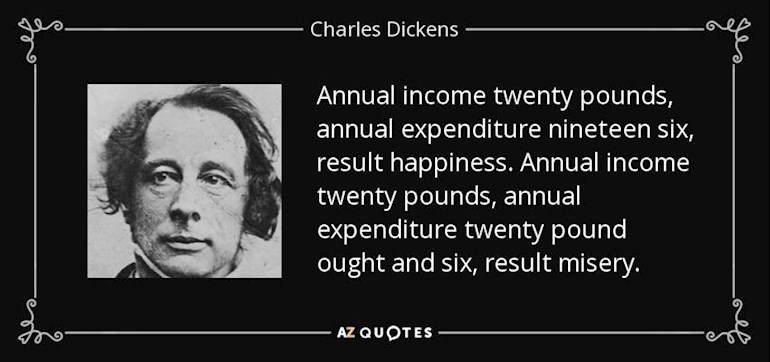Even assuming the CICO (calories in/calories out) model of weight loss is correct, calorie counting makes no sense. If you have a calories excess of just a tiny 30kcal (4 crisps or less than a teaspoon of oil) a day, you will put on 1. 5 kg (3lb) a year. We cannot know with anywhere near that level of precision how many calories we intake or expend
For starters, food nutrition labels only have to be +/-20% of the actual value,
health.usnews.com/health-ne...
and they may be even further out than that,
news.bbc.co.uk/1/hi/health/...
Then expenditure is mostly BMR (basal metabolic rate) and exercise & other voluntary movement.
BMR is calculated from a formula, and the most accurate of those is only 35.7% reliable.
ncbi.nlm.nih.gov/pmc/articl...
And for energy expended while moving, the best way most of us have is wearable and they can be more than 40% unreliable.
theverge.com/2018/1/24/1692...
So if, for example, you think you are consuming 2000kcal based on labels and expending 2000kcal based on BMR (1400) and your apple watch (600), you may easily be eating 200kcal more, and burning 700kcal less than your apps are estimating. Or vice versa. To maintain, we need to keep the balance at 0kcal, and even a 30kcal excess will lead us to obesity in a decade, yet the actual balance will be somewhere between -900kcal and +900kcal. If we rely on labels and apps we could be eating anywhere between 2/3 of the calories we need to nearly 50% extra.
Image © azquotes.com
